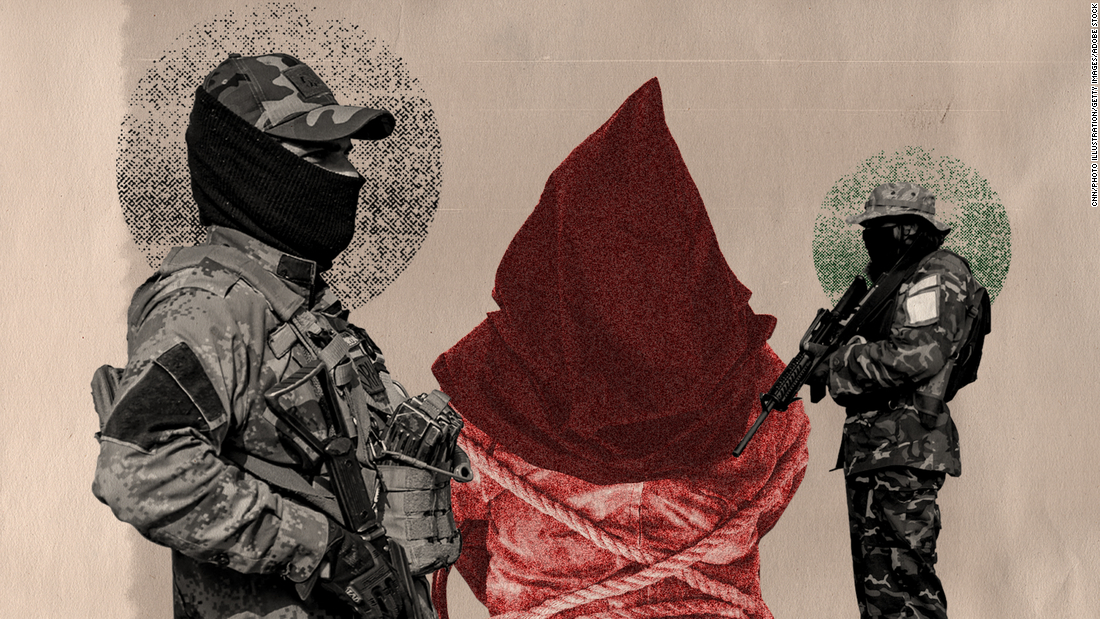TALIBAN REGIME IN AFGHANISTAN CONTINUES TO VIOLATE HUMAN RIGHTS AND RESTRICT MEDIA FREEDOM
Despite the Taliban’s promises of progressive governance, reports continue to emerge of human rights abuses and media suppression in Afghanistan since their takeover in August 2021. One victim, who spoke anonymously to CNN and requested to be referred to as Zafri for safety reasons, claimed he was detained and tortured for four months by the Taliban after being accused of conspiring against them by working with the National Resistance Front. To force him to confess, the Taliban tied a plastic bag over his face and hung him upside down, causing him to black out from the trauma. Another victim, Zabihullah Noori, was beaten by 30 Taliban members who stormed his home and attacked him and his brothers over reports he had produced that included an « anti-Taliban message ». After being beaten with electric rods and whips and having a plastic bag tied over his face to suffocate him, Noori was released on the third day after community elders begged for his return. He escaped to Pakistan with his family but remains in fear for his life.
RESTRICTING MEDIA FREEDOM
The Taliban’s increased repression of press freedom since taking control led to 245 registered cases of rights violations against journalists, including 130 detentions, according to the United Nations special rapporteur on human rights in Afghanistan, Richard Bennett. Local journalists in Afghanistan, facing harassment, attacks, and detention, are increasingly afraid to speak out or publish anything contradictory to the Taliban’s message. Despite the Taliban’s claims of reform, media restrictions within Afghanistan limit journalists, and the Taliban enjoy no real accountability for their actions.
VIOLATIONS OF HUMAN RIGHTS
Many human rights groups have reported violations by the Taliban of women’s rights, discrimination against minority groups and ex-officials disappearance, raising fears in the Afghan population. One of the most notable recent cases was the Taliban’s November order to impose a strict interpretation of Islamic law that allows public executions, floggings and amputations, reminiscent of their previous repressive rule. According to a report by the United Nations special rapporteur, Richard Bennett, authorities carried out floggings of more than 180 people between November 18, 2022 and January 15, including crimes such as theft, illegitimate relationships, and violating codes of social behavior. The systematic violation of human rights of women and girls has only deepened since Bennett’s initial presentation of his findings in February, the report added. The Taliban’s disregard for their promise not to seek retribution against their political enemies has raised fears among Afghans.
VIDEOS SURFACE ONLINE
Although the Taliban exercise tight control over the media, showing a relatively progressive image, videos, surfaced online, shed light on possible human rights abuses with some of them going viral on social media. Afghan Witness, an independent human rights group, estimates that cases of human rights abuses being reported in the media may represent only a fraction of the offenses committed. In one instance, a video recorded on a mobile phone by ‘Sibghatullah’ for safety reasons showed men and women being publicly flogged in front of thousands of people in Kandahar’s football stadium. The punishment was approved by Afghanistan’s Supreme Court, which said nine ‘criminals’ were being punished for theft and adultery, but the campaigners said that the use of punishment was a reminder of the brutality of the Taliban.
CONCLUSION
Despite the Taliban’s claims of progressive governance since their takeover of Afghanistan, human rights groups warn of continued suppression of media freedom and violations of women’s rights and the countries’ ethnic minority groups. They have recently implemented a regime imposing a strict interpretation of Islamic law that includes corporal punishment reminiscent of their previous era and conducted public executions. The Taliban’s treatment of critics and dissidents has exemplified their coercion and disregard for civil liberties. The safety of Afghan journalists is increasingly in danger, and their ability to report on human rights violations has been significantly constrained.



